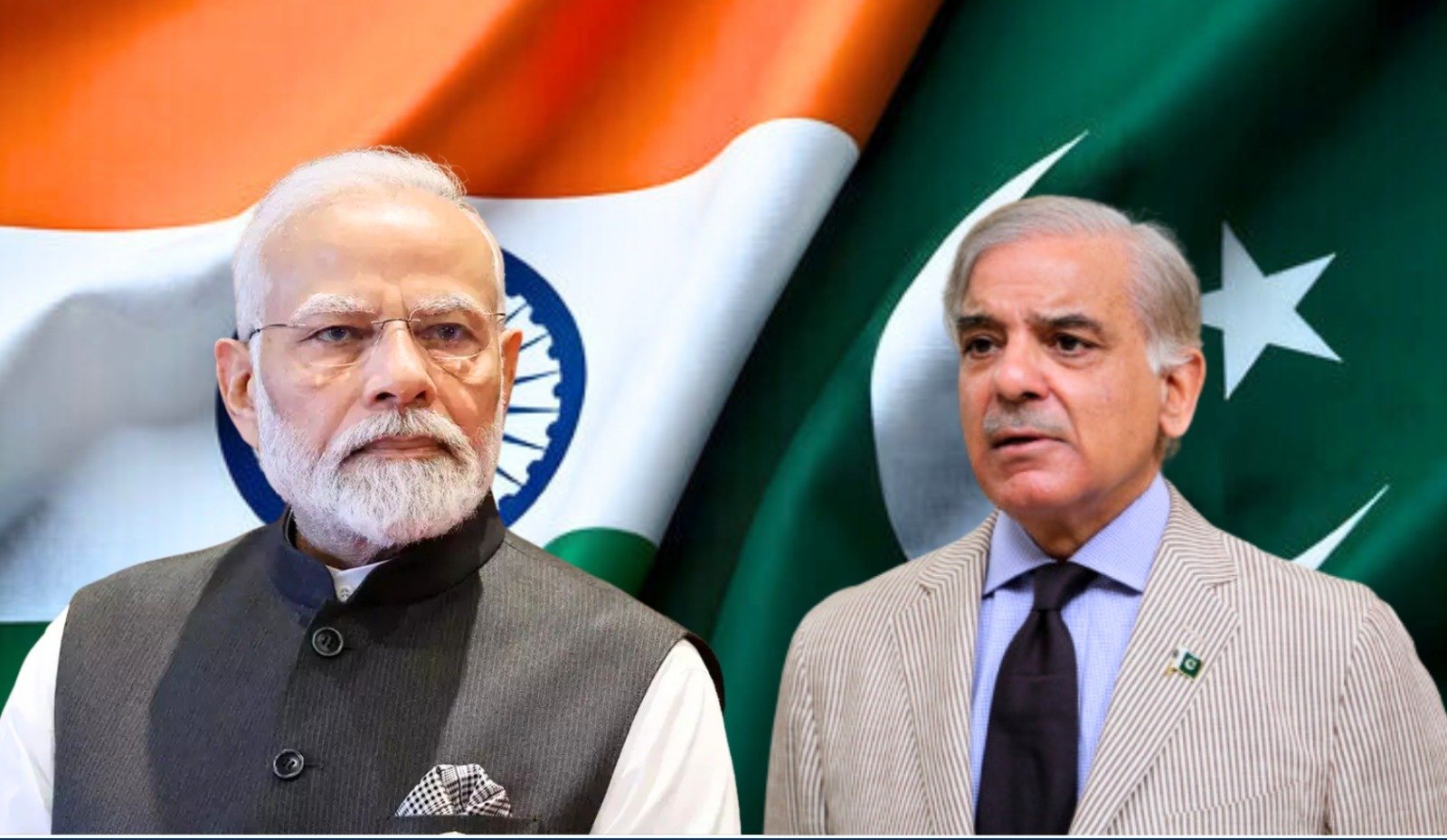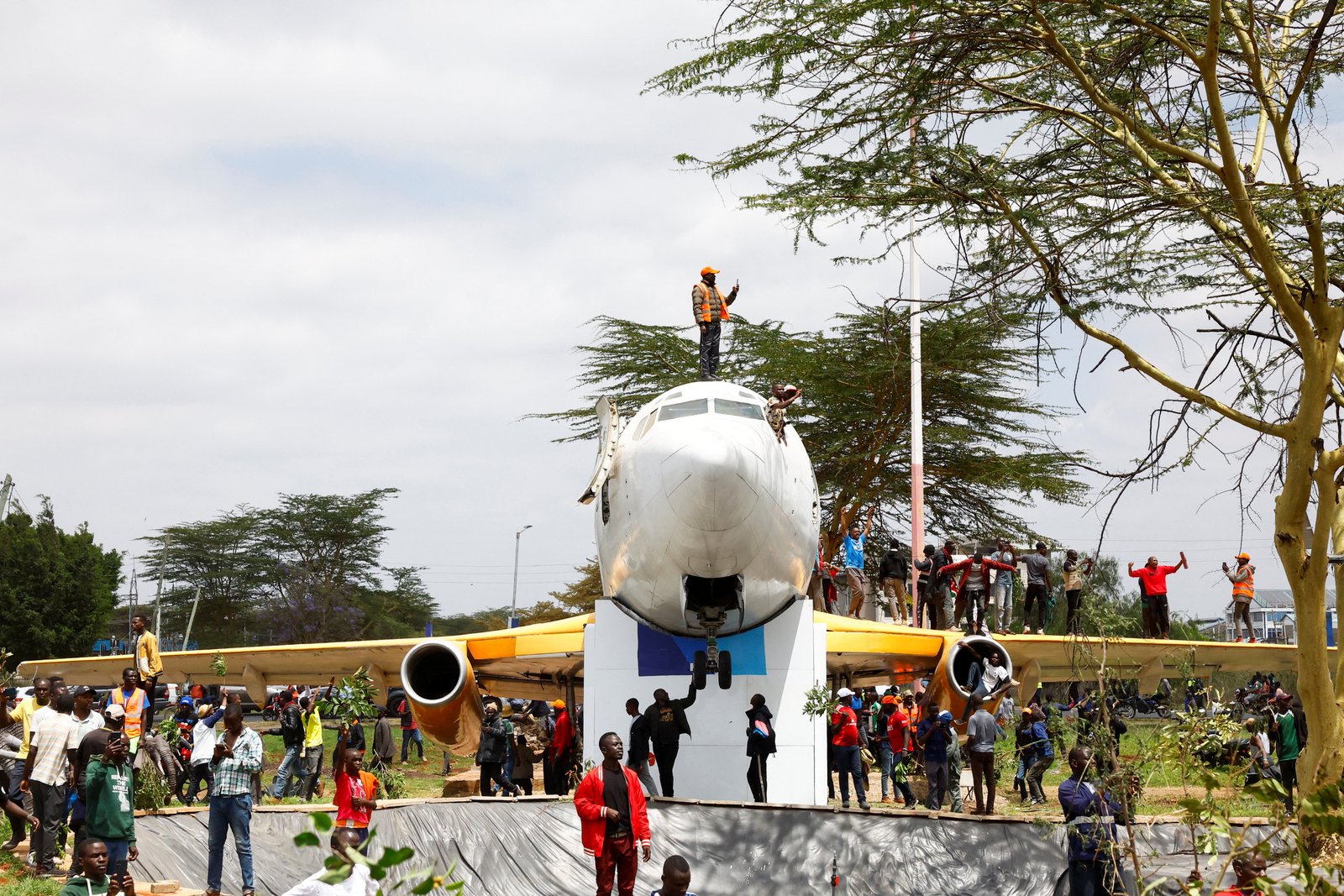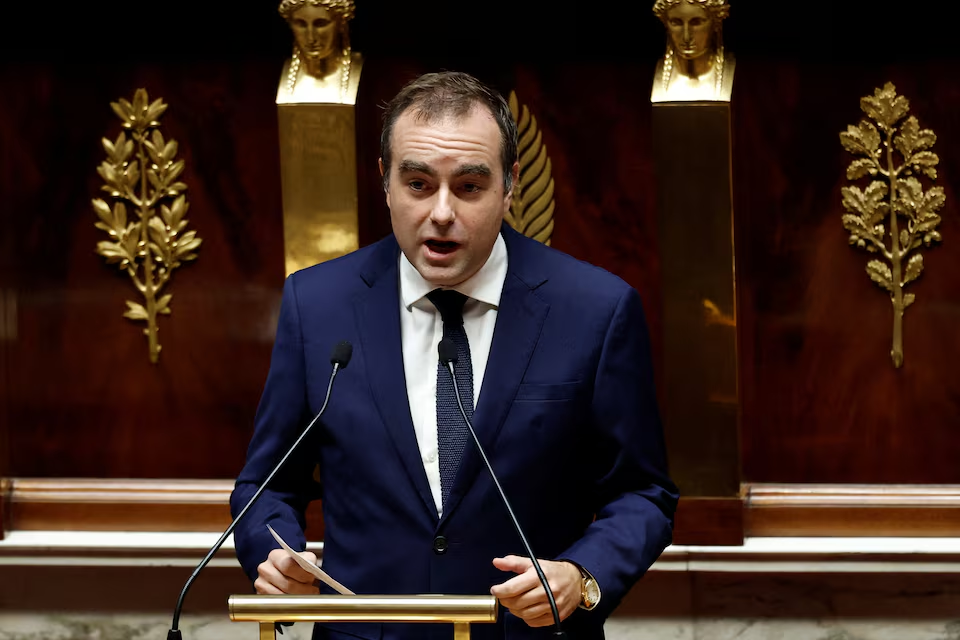Ceasefire Extended by Two More Days After Military Tensions; Pakistani Prime Minister Offers Peace Talks to India
South Asia’s longtime rival countries India and Pakistan have agreed to extend the ceasefire until Sunday. During this period, Pakistan’s Prime Minister Shahbaz Sharif has proposed peace talks, just days after the worst military clashes between the two nuclear-armed countries in decades came to an end.
Following four days of intense fighting last week, a ceasefire was declared between the two countries, a move credited to U.S. President Donald Trump.
Pakistan’s Foreign Minister Ishaq Dar informed parliament that the ceasefire extension until Sunday came after a phone call between the two countries’ military chiefs. India’s military stated that both sides agreed to take steps aimed at de-escalating tensions.
Addressing cadets and pilots at a Pakistani airbase, Prime Minister Sharif said,
“Now let’s talk about peace. We are ready. If terrorism is to be ended in this region, then let’s sit down and determine who the terrorists are and who are victims of terrorism.”
On Friday, Pakistan’s Foreign Ministry called on international partners, saying,
“Ensure that India remains committed to reducing tensions.”
They also stated,
“Pakistan is committed to maintaining the ceasefire with India and taking necessary steps to reduce tensions. However, if India initiates aggression again, Pakistan will have no choice but to resist.”
India launched missile strikes into Pakistan on May 7, claiming to target terrorist hideouts. This was retaliation for a deadly attack in Kashmir on April 22, which killed 26 people, mostly Hindu tourists.
New Delhi blamed Pakistan-backed militants for the attack. Islamabad denied the charges and called for an independent investigation.
The conflict rapidly escalated, with both countries exchanging artillery fire along the disputed Kashmir border. Subsequently, missile and drone strikes targeted each other’s military installations. India claimed to have killed nearly 100 militants and that 35-40 Pakistani soldiers were killed in the border clashes.
Pakistan’s military reported 11 soldiers and 40 civilians, including women and children, killed in the fighting. A Pakistani minister claimed their forces killed 40-50 Indian soldiers.
Both sides claimed to have shot down each other’s warplanes. The dogfight involved over 125 fighter jets and is considered the largest aerial battle since World War II. Both countries declared themselves victorious in the clashes.
India’s Defense Minister Rajnath Singh addressed troops in Kashmir on Thursday, saying,
“How safe is it to have nuclear weapons in the hands of such irresponsible and rebellious countries? I believe Pakistan’s nuclear weapons should be placed under the supervision of the International Atomic Energy Agency (IAEA).”
Pakistan’s Foreign Ministry strongly condemned Singh’s remarks, stating they reflect India’s “instability and frustration.” They claimed Pakistan successfully resisted India’s conventional attacks and demonstrated resilience.
Before Singh’s comments, the UN’s nuclear watchdog stated there had been no radiation leak or emissions at any nuclear site in Pakistan. Rumors had circulated about an Indian attack on a nuclear facility in the Kirana Hills in Punjab, Pakistan, which India denied.
India and Pakistan became nuclear-armed states in 1998 after conducting reciprocal nuclear tests. Since then, the subcontinent has become one of the world’s most dangerous nuclear flashpoints.
Meanwhile, speaking in Qatar, U.S. President Trump said,
“I hope when I return in two days, I don’t hear that the issue is unresolved again. I think it’s settled. We talked to them about trade — not war, trade.”
Trump announced the first ceasefire last Saturday and said it was the result of Washington’s diplomatic efforts and pressure.
While Pakistan expressed gratitude for U.S. mediation, India stated that trade was not discussed in the talks and that the ceasefire decision was made through direct discussions with Islamabad.
India’s Prime Minister Narendra Modi declared he would strike terrorist hideouts again if new attacks occur.
He said,
“India will not be intimidated by Pakistan’s nuclear blackmail.”










